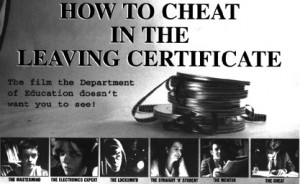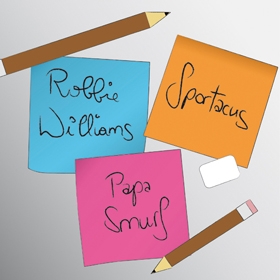 I don’t propose to offer a lengthy discussion of every soliloquy in the play. You can do that yourself. Or google it!
I don’t propose to offer a lengthy discussion of every soliloquy in the play. You can do that yourself. Or google it!
Rather, I’d like you to consider the following:
There are 7 soliloquies delivered by Hamlet and one by Claudius.
The purpose of the soliloquies is to reveal more about the thoughts, feelings, personality and mindset of the central character(s).
In the case of Hamlet, without the soliloquies, his behavior would make absolutely no sense. His father has been murdered and then reappears in the form of a ghost, ordering him to get revenge, restore order to the Kingdom and claim what is rightfully his – the throne. So if we weren’t aware of the moral and emotional turmoil going on inside his heart and soul, if we didn’t know that his mind was a constant battleground, we would not sit through this play. In fact we would probably boo at the central character and possibly even start taunting him for his inaction and cowardice.
Bearing all of this in mind, in the case of each soliloquy you could do the following:
CONTEXTUALISE – when is it delivered? What happens immediately beforehand? Does this prompt the ‘outburst’ of the soliloquy?
ANALYSE – what exactly is revealed from what the character says in each soliloquy? In the case of Hamlet we see that he is
(a) highly self-critical (this links in to the idea that he is a very self-aware tragic hero – unlike Lear, Hamlet is aware of his fatal flaw from the outset)
(b) morally aware (this links in to the idea that he is a very noble person whose delay is partially due to his desire to ‘do the right thing’ (he double-checks that Claudius is actually guilty) and partially due to his profound sense that violence is wrong (even if he would be obeying a powerful code of honor and revenge when engaging in this violence).
(c) deeply philosophical (his tendency to over-think things leads to his suicidal depression and also contributes to his inaction. One benefit emerges, however, in the beauty of the language created by Shakespeare to consider some of the greatest moral, spiritual and philosophical ideas known to humankind. Without these soliloquies the world would be a lesser place. And I mean that sincerely).
PERSONALISE
Can you identify the effect of Hamlet’s soliloquies on the audience? Most obviously, they allow us to identify him as the ‘hero’ of the play. Secondly they give us an insight into his thoughts and thus allow us to understand him on a deep level – otherwise we’d just be shouting ‘get on with it’ at the stage and possibly throwing things too! Finally, they allow us to sympathize with his plight, even to emphatise on some levels – yes I know none of us have ever had to avenge our father’s murder and kill our Uncle for shagging our mother, but we can emphatise with the idea of feeling obliged, even compelled to do something but being unable to muster up the will to actually do it (generally speaking that might be washing dishes, doing homework or breaking up with someone. Not quite as dramatic as what poor Hamlet is going through).








